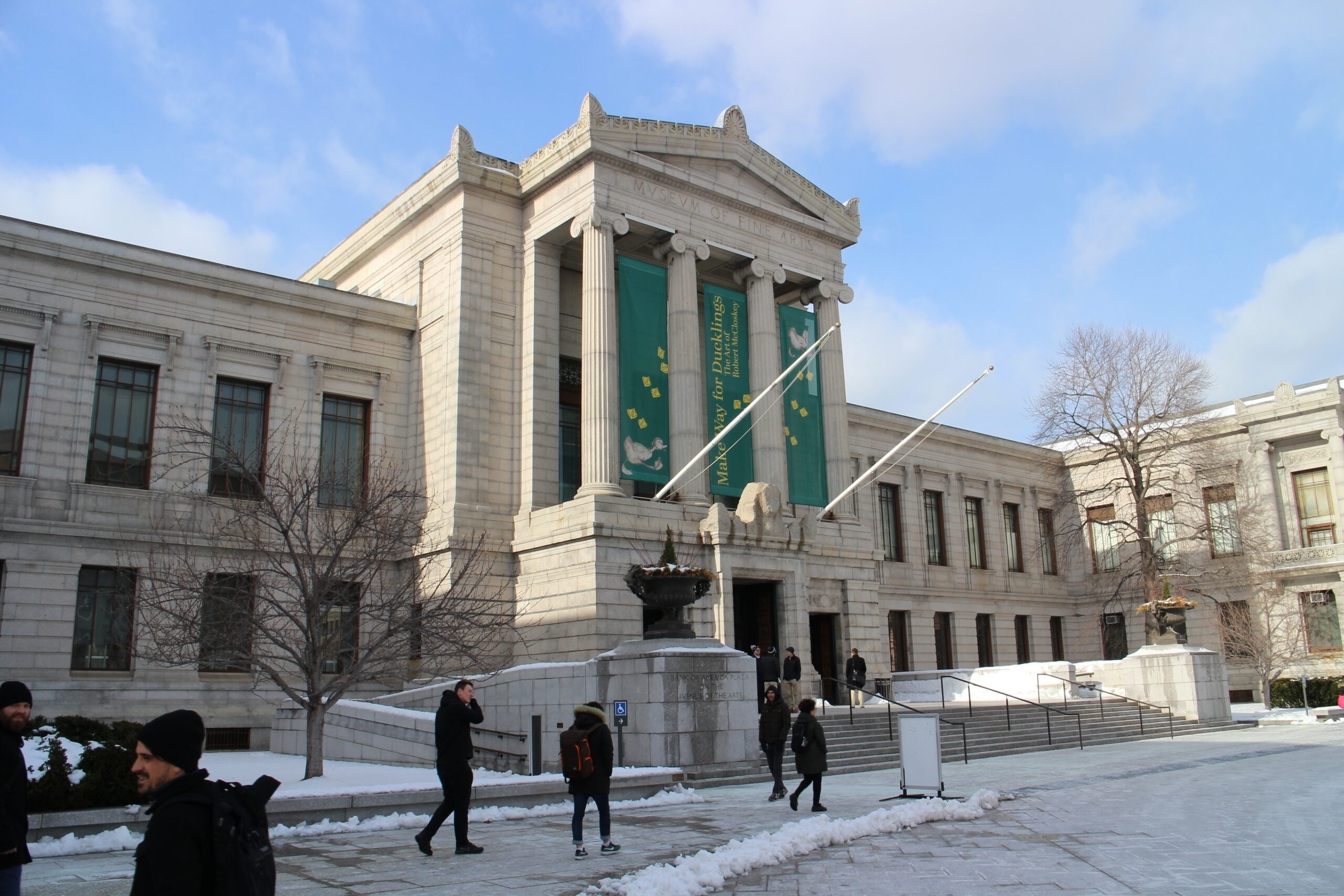In her inaugural Black History Month as president and CEO of the Museum of African American History, Noelle Trent is spearheading an innovative collaboration with Norwood-based Showcase Cinemas. This partnership involves screening movies at the Beacon Hill-based museum, highlighting the lives of significant figures in Black history, such as Malcolm X and Harriet Tubman. As part of the initiative, the museum’s historians-in-residence will lead discussions accompanying three of the five planned films.
Trent, who assumed her role midway through the previous year, expressed her commitment to expanding the museum’s outreach efforts. Situated in a discreet brick building on Joy Street in Beacon Hill, the museum often goes unnoticed by tourists on the Freedom Trail or exploring Faneuil Hall. Recognizing this, Trent emphasized the institution’s responsibility to proactively engage with the public.
Despite its inconspicuous location, the museum collaborates with the National Park Service due to its placement within the Boston African American National Historic Site. Past partnerships include events with the Boston Youth Symphony Orchestras on Rev. Dr. Martin Luther King Jr. Day and the Handel and Haydn Society for a concert commemorating the anniversary of Abraham Lincoln’s Emancipation Proclamation.
Trent, who arrived in Boston from the National Civil Rights Museum in Memphis, Tennessee, envisions fostering collaborations with businesses that benefit the broader public. The film screenings with Showcase Cinemas serve as a prime example of an impactful business-nonprofit partnership, showcasing the potential for cultural institutions and businesses to join forces in promoting education and awareness.
By choosing films as a medium, the museum aims to make its exhibits more accessible and engaging for a diverse audience. This creative approach not only aligns with the mission of Black History Month but also exemplifies Trent’s vision of proactively reaching out to the community. As the museum works to elevate awareness of African American history, these strategic partnerships underscore the potential for mutually beneficial collaborations between cultural institutions and businesses in promoting cultural enrichment and education.
